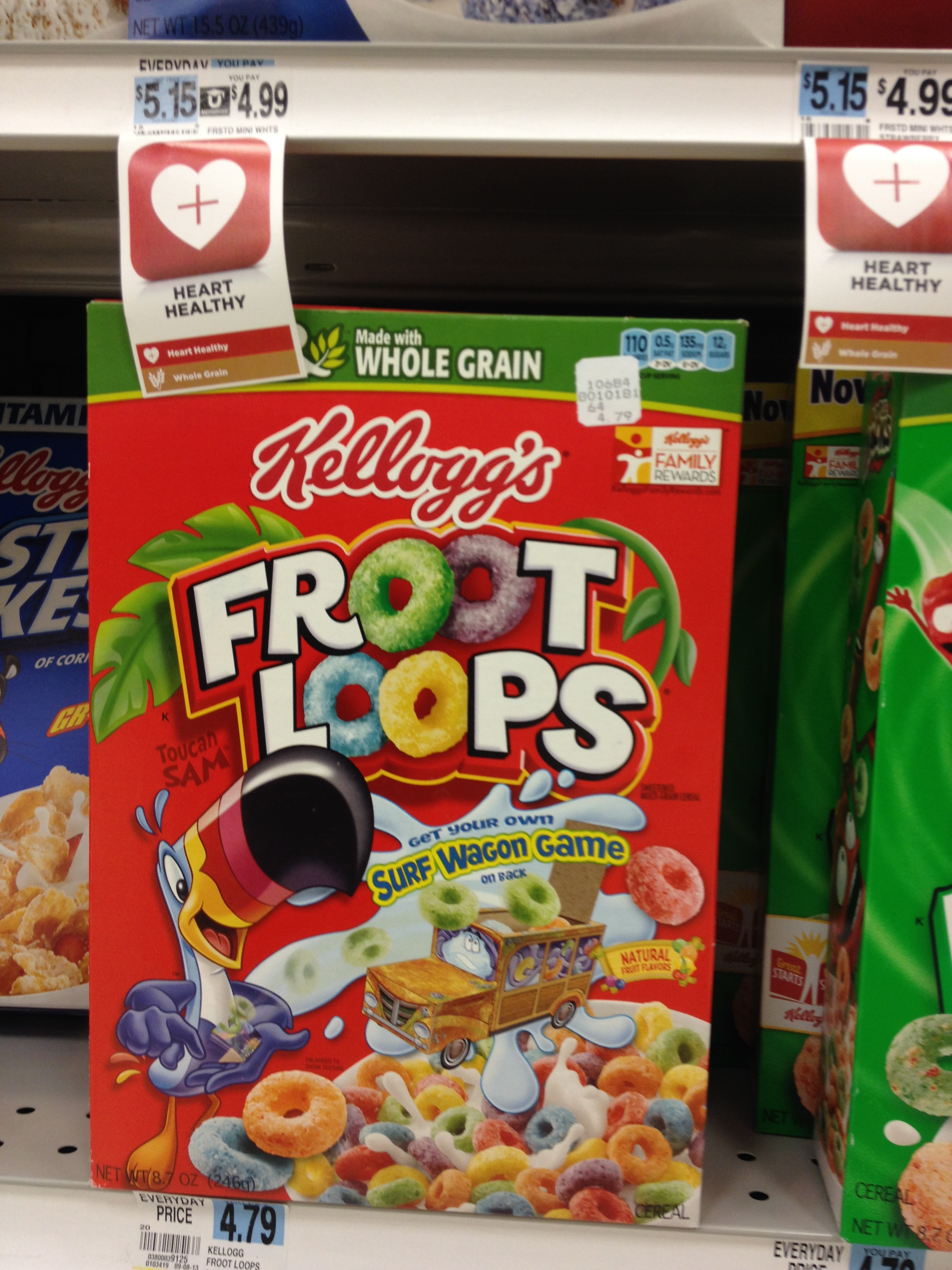I get this question from my clients a lot. When it comes to sugar, just how much is too much?
Before we attempt to answer this question, learn this single most important nutrition fact:
1 teaspoon of sugar = 4 grams of sugar
Now let's consult the American Heart Association's sugar guidelines:
Men should consume no more than 9 teaspoons a day.
Women should consume no more than 6 teaspoons a day.
(And kids, my guess is no more than 4-6 teaspoons a day?)
Ready to do a little Math?
1 8 oz. Noosa yogurt has 30 grams of sugar, which is almost 8 teaspoons.
Answer: If you are a woman and if you eat a tub of Noosa yogurt (and absolutely nothing else that contains sugar in it), you've already exceeded the daily recommendation of sugar intake according to the American Heart Association.
Do we see the picture here? We are not even talking about ice-cream, sodas and candy, we are talking about seemingly "healthful" choices like yogurts made of "farm-fresh whole milk" from "family-owned dairies" in Northern Colorado.
And how about Naked Juices, Kind Bars, Vitamin Waters, flavored milks and cereals the most well-intentioned moms feed their kids?
In That Sugar Film, Damon Gameau (the Australian, sugar version of Morgan Spurlock in "Super Size Me") decided to be a human guinea-pig when he put himself through a grueling 6 week diet consuming the equivalent of 40 teaspoons of sugar a day. He did not eat desserts or "junk foods", but a "low-fat" diet of cereals, yogurts, sports drinks and juices most people find perfectly healthy and acceptable.
The result? Weight gain, pre-diabetic and fatty liver disease symptoms.
His message? Sugar is hidden in a lot of foods that are commonly perceived or promoted to be healthy.
Let's do a little more Math. Let's say you buy a plain yogurt and sweeten it yourself with 1 teaspoon of honey or maple syrup. The sugar content of 1 teaspoon of honey or maple syrup equals a little over 1 teaspoon of sugar. Now would you add 8 teaspoons of honey in your yogurt? You wouldn't, would you? Then why would you eat a pre-sweetened yogurt with 8 teaspoons of sugar in it?
What to do? Memorize this : 1 teaspoon of sugar = 4 grams. Read labels. Don't let anyone sweeten your foods for you!



















